Feeding oneself in college is not always as easy as it looks. The quality of college dining is often sub-par, eating out is expensive and can be unhealthy, and shopping for yourself not only takes time but it isn’t even an option on some college campuses.
However, if you can cook for yourself, care about your health, want to support the local economy, consider yourself environmentally friendly and don’t want to waste money or time, a CSA share is an obvious solution.
Community Supported Agriculture, or CSA, is a subscription program where members pay a local farm cooperative at the beginning of a growing season and receive weekly boxes of seasonal produce, dairy, meat or pantry items, depending on your type of subscription.
Supporting this kind of agricultural production is incredibly important, so here are a few reasons why you should get a subscription this semester:
1. Quality
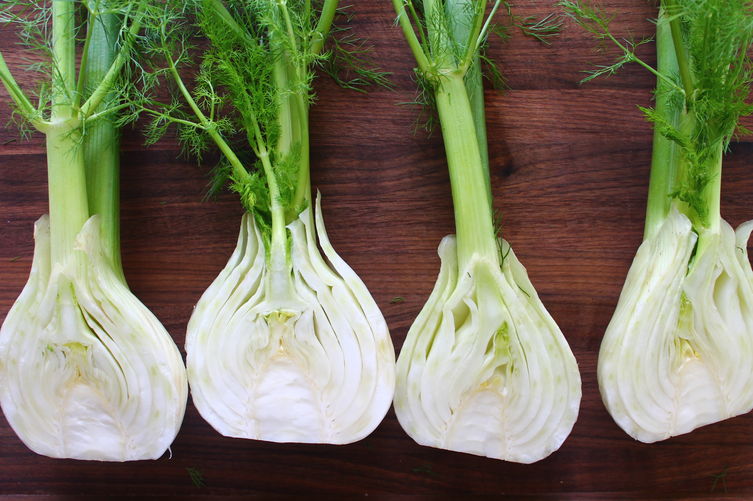
Photo courtesy of tumblr.com
College students can have a hard time eating healthy and a lot of it can be due to accessibility to good produce. CSAs provide local, seasonal produce that goes right from the farm to your kitchen. It’s the freshest food you’ve probably ever had and it’s probably the healthiest too.
The majority of CSAs are certified organic, meaning that no pesticides, harmful chemicals or genetically modified crops are used when growing your food. This is food that you can feel good about eating all week long.
2. Variety

Photo courtesy of iStock
If you consider yourself to be a foodie, adventurous eater or simply enjoy new things, this is the most rewarding investment you can make. CSAs not only give you your favorite seasonal vegetables that you know and love (my subscription last semester had kale almost every week #blessed) but they also expand your culinary horizons by introducing you to outrageous vegetables you’ve probably never eaten before.
You get to learn new recipes and taste new vegetables with a variety that will keep you interested week after week. Basically each share is like an episode of “Chopped” and you can’t wait to learn what’s in your mystery basket.
3. Convenience
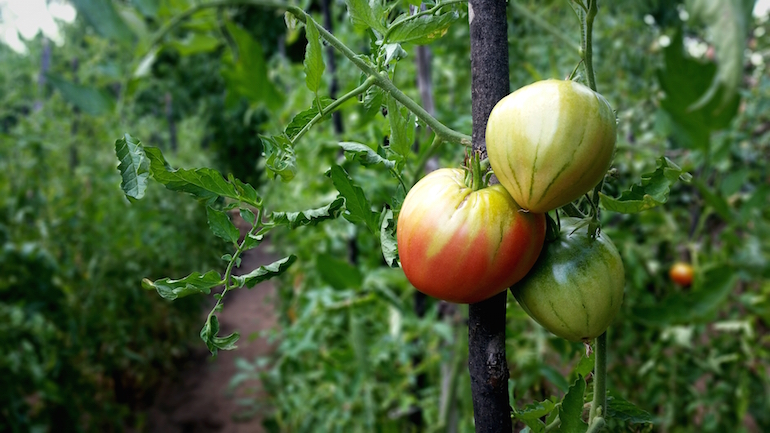
Photo by Jenny Georgieva
Another benefit of local food production is a convenient pick-up system. CSAs deliver their goods in a network of pick-up locations, which they determine based on the location of their members. This is usually within biking or even walking distance, making it an ideal solution for students who don’t have the time or car to drive to a grocery store.
If you have enough students sign up, a CSA is likely to put a location right on campus. For example, Franklin and Marshall College has a pick-up right in the center of campus and a four hour window for community members and students to get their shares.
4. Cost
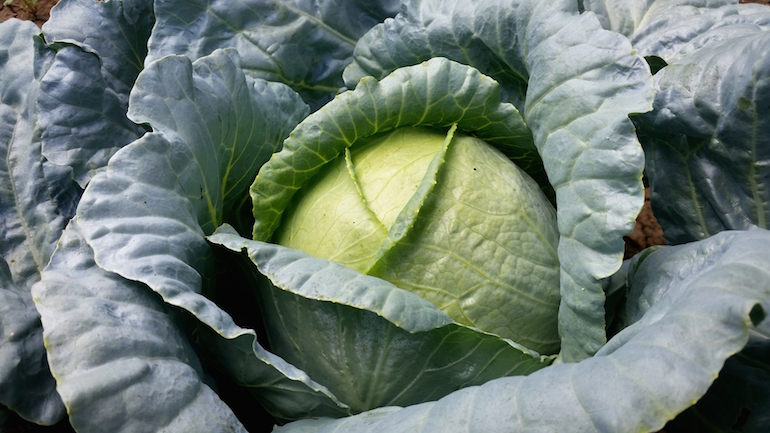
Photo by Jenny Georgieva
As a student, it can be hard to shell out a lot of money at one time, but the price of a CSA share is comparable to and often times cheaper than traditional grocery store prices.
The cost of a share and the amount of produce you receive ranges from CSA to CSA but you can usually expect to pay roughly $15 for a week’s worth of vegetables and goods. That’s the most expensive part of grocery shopping anyway and you can stock up on cheap pantry items at the beginning of the semester to keep cooking all year.
5. Fair Economic Model
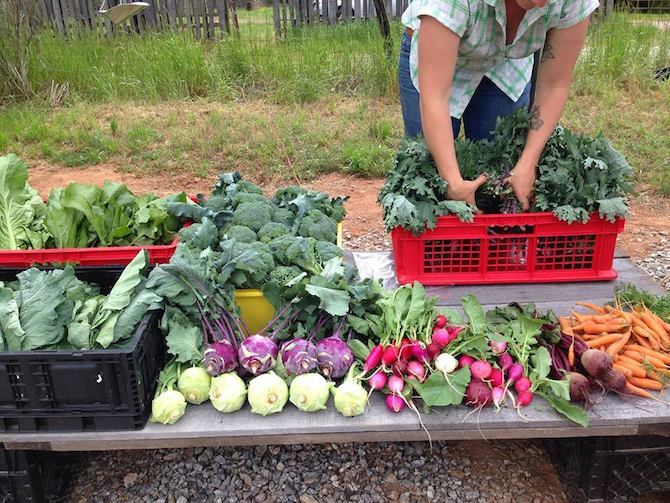
Photo courtesy of UGArden
This is an ideal local economic model because a farm can accurately gauge how much they need to grow at the beginning of a season based on how many people sign up. Because members are funding the cost of production upfront, there is a shared risk, which helps to alleviate economic pressure on the farm.
Members share the success or hardship of the growing season and the farm still receives fair compensation for their work. Either way, you are getting more ingredients than at times you know what to do with.
6. Environmental Impact

Photo courtesy of hereandnow.wbur.org
CSA farms are typically smaller than traditional agricultural operations and can pay attention to environmental practices. First of all, it’s local so there are far fewer carbon emissions from shipping things across the country or globe. They also minimize waste by only growing as much as people need and eliminating packaging.
The food is usually organic, which doesn’t dump harmful chemicals into the ecosystem or ruin the soil. Farmers also plant species in off seasons that reestablish key soil nutrients, rotate crops and use machinery that doesn’t compress the soil. Having a diversity of crops also protects biodiversity in farmed areas, including species of animals and plants that we depend on.
7. Community
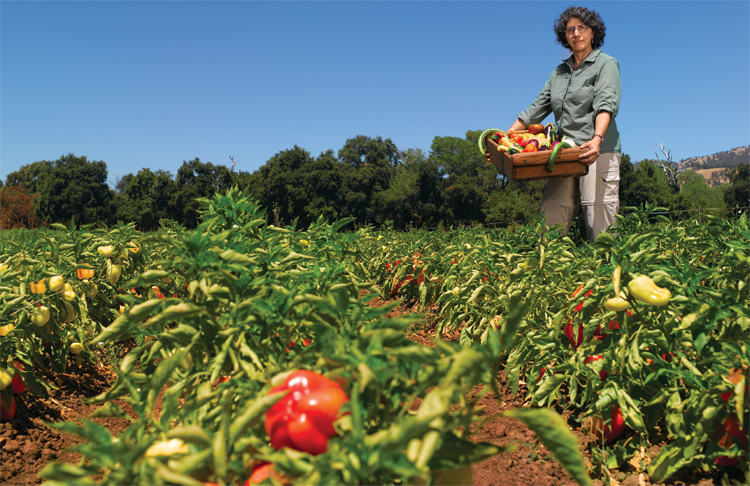
Photo courtesy of Paul Kirchner Studios
One of the most rewarding aspects of a CSA is that you get to engage with like-minded people. You get to meet your local farmers and learn about how your food is grown. You also get to meet people at your pick-up site and share recipes and information about the ingredients. It fosters a community that benefits everyone and allows for the spread of ideas and information.
So there you have it! If your campus has a CSA, join it. If your area has a CSA, get some friends together and establish a pick up location at your school. You can search for local CSAs here. This is the future of sustainable food sourcing and college is the best time to get started.


